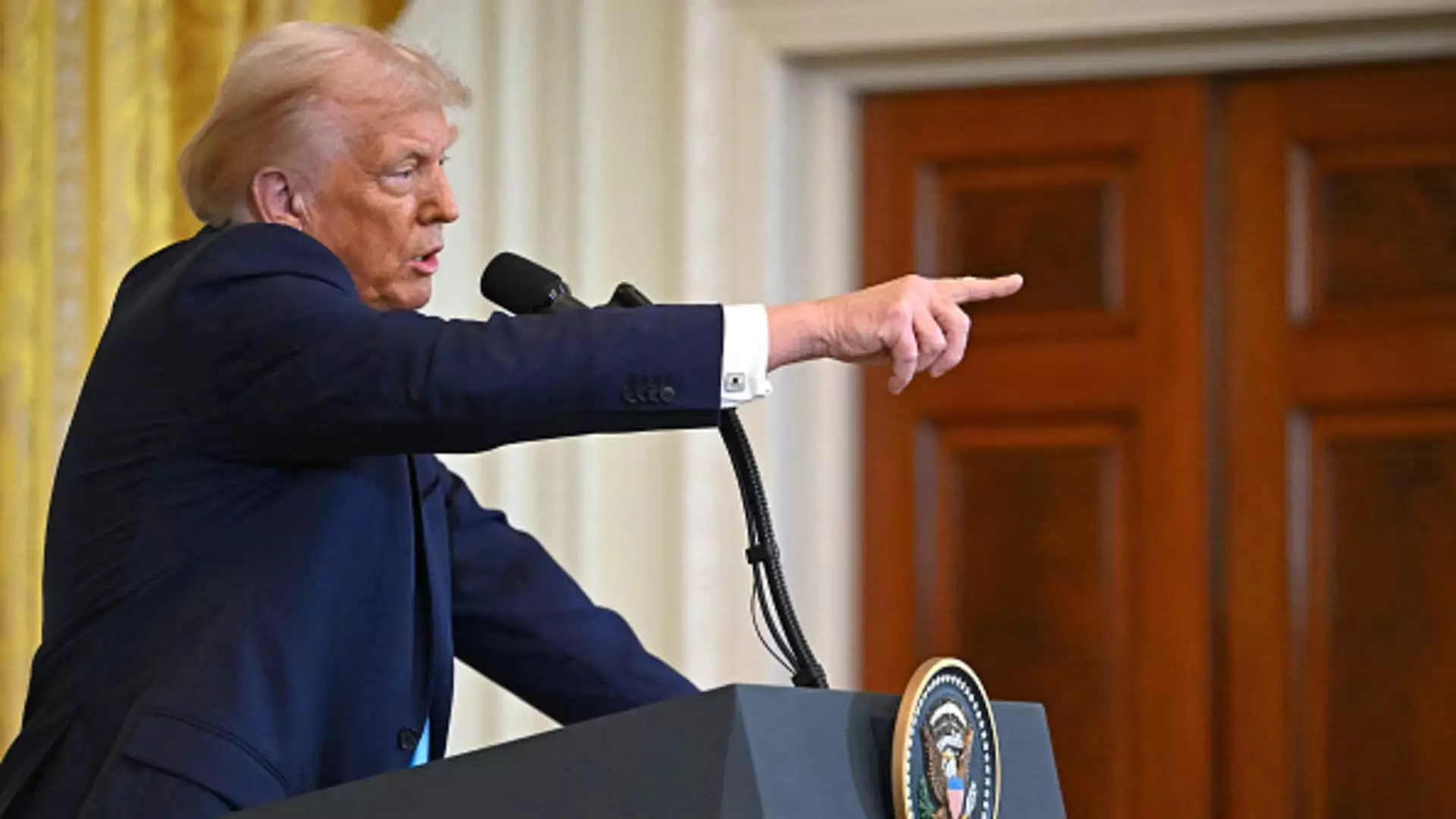The carried interest loophole remains a contentious topic within the broader discussion of tax reform in the United States. It allows private equity, hedge fund, and venture capital managers to receive a substantial portion of their earnings in a manner that is preferentially taxed. Specifically, this mechanism involves earnings being classified as capital gains rather than ordinary income, allowing these financial professionals to benefit from significantly lower tax rates. This tax advantage has long been viewed as inequitable by its critics, who argue that such earnings, which resemble wages, should be taxed at ordinary income rates rather than the more favorable capital gains rates.
Recently, President Donald Trump convened with Republican lawmakers to discuss his fiscal agenda, reiterating his intention to tackle this issue head-on. The objective is clear: to close the carried interest loophole, a step many see as vital to achieving a fairer taxation system. Trump’s administration previously attempted to address this in the 2017 Tax Cuts and Jobs Act; however, the changes were modest at best, extending the required holding period for long-term capital gains from one year to three years. More ambitious efforts to further tighten the loophole faced significant opposition and were ultimately deflected by entrenched industry lobbyists.
Industry Pushback and Economic Implications
The American Investment Council, representing a significant segment of the private equity industry, has articulated strong opposition to any moves to eliminate or further limit the favorable tax treatment of carried interest. This pushback underscores the influence that financial sector lobbyists wield in shaping tax legislation, further complicating the possibility of reform. Critics assert that the prevailing system distorts economic equality, placing substantial financial benefits in the hands of a select group of high-income earners. This, in turn, poses challenges to overall economic cohesion and social equity in America.
As Republicans endure internal debates over fiscal priorities, the question of how to balance spending with proposed tax cuts becomes increasingly intricate. Some policymakers within the party recognize that revenue generated from repealing the carried interest loophole would provide only a fraction of the funds necessary to fulfill broader economic goals. Despite this reality, the topic has persisted in public discourse, illustrating the competing interests at play in tax policy crafting.
The overarching dilemma surrounding the carried interest loophole encapsulates broader themes of economic fairness and accountability within the U.S. taxation system. With bipartisan support ostensibly favoring its closure, the challenge ultimately rests with navigating the robust opposition from powerful lobbying entities that benefit from the current regime. As discussions continue, the evolution of tax policy will remain closely linked to the implications that reform could have for jobs, investments, and economic growth throughout the country.
The carried interest loophole serves not only as a reflection of tax policy’s complexities but also as a litmus test for the nation’s commitment to equity within its financial and economic frameworks.

